Mayor’s Blog 153 27th June, St James Park Care Home, Bradpole This was a beautiful sunny…
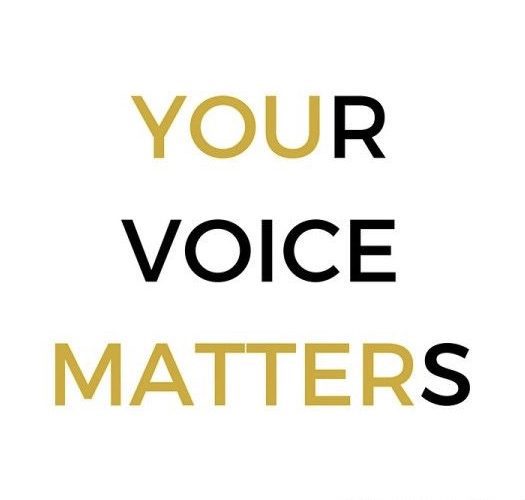
Mayor’s Blog- Your Voice Matters
Since becoming a Councillor and more recently Mayor, I have become much more aware of the things that concern people. I now get phone calls, e-mails and stopped in the street to be told about an issue that is of concern, to complain about something and occasionally to be congratulated about something that the Town Council has done. On the basis of these interactions the topics most often raised with me concern planning and development issues (particularly if it is next door), parking and pavement issues (particularly cyclists riding on them), and of course litter and dog fouling issues.
The list above can be divided into two groups.
- those that are resolved through statutory processes e.g. the planning system and
- those that can ultimately only be resolved by somehow achieving behavioural change e.g. litter.
Statutory processes underpin our democracy and have evolved over hundreds of years into what we know today as the laws of the land. As our world changes due to scientific and technological advances, or more enlightened views about how we live our lives, the laws governing us have to change to take account. In that way the rules or laws which govern every aspect of how we live are constantly under review in order to ensure they are fit for purpose.

From the time of the Barons taking on King John which led to the signing of Magna Carta on 15 June 1215; the rise of the anti slavery movement in the late 1700s which led to the Slavery Abolition Act of 1833; locally the Tolpuddle Martyrs in 1834 transported to Australia for trying to establish a Trade Union; the Chartists, a working-class male suffrage movement for political reform in Britain that existed from 1838 to 1857; the Suffragettes of the early twentieth century who, under the banner “Votes for Women”, fought for the right to vote in public elections; and more recently the Civil Rights and Gay Rights movements of the 1960s and 1970s, people have fought and in some cases even given their lives to advance the cause of human rights and suffrage for all.
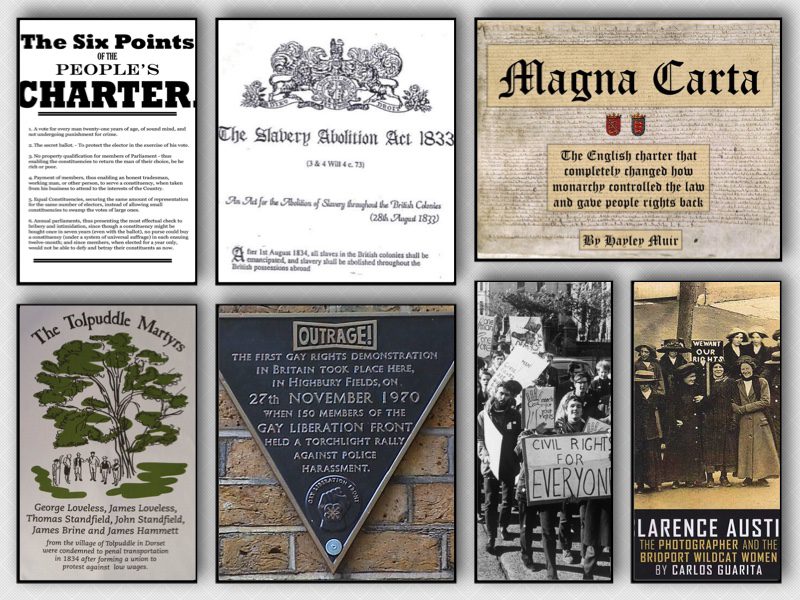
Thanks to those who have gone before us we now live in a democracy where everyone has the right to vote and voice their opinions. At all levels of government, members of the public have the right and opportunity to make their concerns and opinions known, hence the public half hour at the start of Town and Parish Council meetings. This is when all of the issues listed at the beginning of the blog and any others that are of concern can be formally brought to the attention of local councillors.
Public engagement in local democracy is sadly at an extremely low level. Attempts to solicit the views and opinions of the wider electorate on issues is an ongoing challenge. You would imagine in a world where communication has never been easier that more people would wish to become engaged in discussions about how we are governed and the laws needed to manage the way we live for the benefit of all.
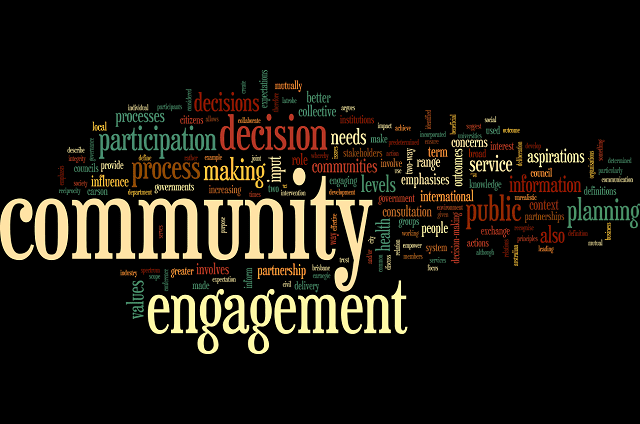
Community engagement in local democracy is sadly at an extremely low level. Attempts to solicit the views and opinions of the wider electorate on issues is an ongoing challenge. You would imagine in a world where communication has never been easier that more people would wish to become engaged in discussions about how we are governed and the laws needed to manage the way we live for the benefit of all.
Since its inception on 1 April 2019, to administer most of the area formerly administered by Dorset County Council, the new Unitary Dorset Council has held a number of public consultations. The purpose of which is to enable members of the public to voice their opinions on particular issues and proposals. Some of the recent consultations carried out include:
- Dorset Council’s Climate Emergency Strategy and Action Plan
- Tourist Information Service Review Consultation
- School admissions consultations
- Walking and cycling routes – ‘pop-up’ travel infrastructure in the Dorset
- Council areaDorset Shopper Permit Consultation
- Consultation on dogs in public spaces
Currently Dorset Council is seeking feedback on its Local Plan.
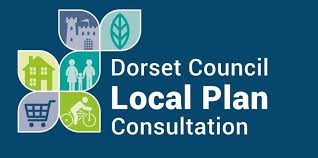
The introduction below sets out the purpose of the plan
What is a local plan?
Planning involves making decisions about the use and development of land. It controls which new buildings will be built and where, and so is important for the future of our towns, villages and countryside. The purpose of the planning system is to contribute to the achievement of sustainable development and local councils are expected to plan positively for the needs of their area.
The Dorset Council Local Plan will cover the whole of the Dorset Council area. It is being produced by the newly formed Dorset Council unitary authority. Once adopted, the local plan will form part of the development plan alongside the adopted minerals and waste policy documents and any neighbourhood plans that have also been made part of the development plan. The local plan will contain both strategic and non-strategic policies to manage development alongside further non-strategic policies contained in neighbourhood plans.
This is a substantial document which sets out the parameters for future development through until 2038, once adopted in 2023. It covers the following areas:
- Development Strategy
- Environment and Climate Change
- Housing
- Economy
- Community Infrastructure
In addition there is a specific section about Bridport which can be found on page 303. It is set out under the following headings:
- Introduction
- Vision for Bridport
- Development strategy
- Town centre strategy
- Main development opportunities

This consultation is your opportunity to voice your opinion and help shape the future of our area. Remember, everyone has the right to participate. Your opinion is as valid as anyone else’s and will be listened to. However, it is a democratic process and it will be the voice of the majority that will hold sway in the final analysis.
To find out more about and respond to the Dorset Council Local Plan:
To Read the Plan
To Read the West Dorset Section
To Comment on the Plan
If the thought of wading through the 500 pages that make up the Local Plan consultation documents is off putting you can always give your views on any of the topics in the Local Plan regardless of whether you have read it or not. The email address for such comments is:
planningpolicy@dorsetcouncil.gov.uk.
I urge you to engage with the Local Pan consultation. Makeing your comments known is an important part of the whole process. It is your opportunity to play a part in shaping the future of our area. Remember Your Voice Matters because you matter.
Finally I would be interested to hear how you think public engagement in local and national democracy and decision making can be increased.

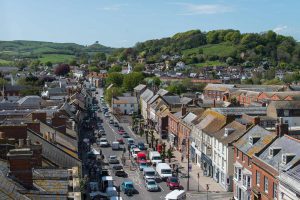
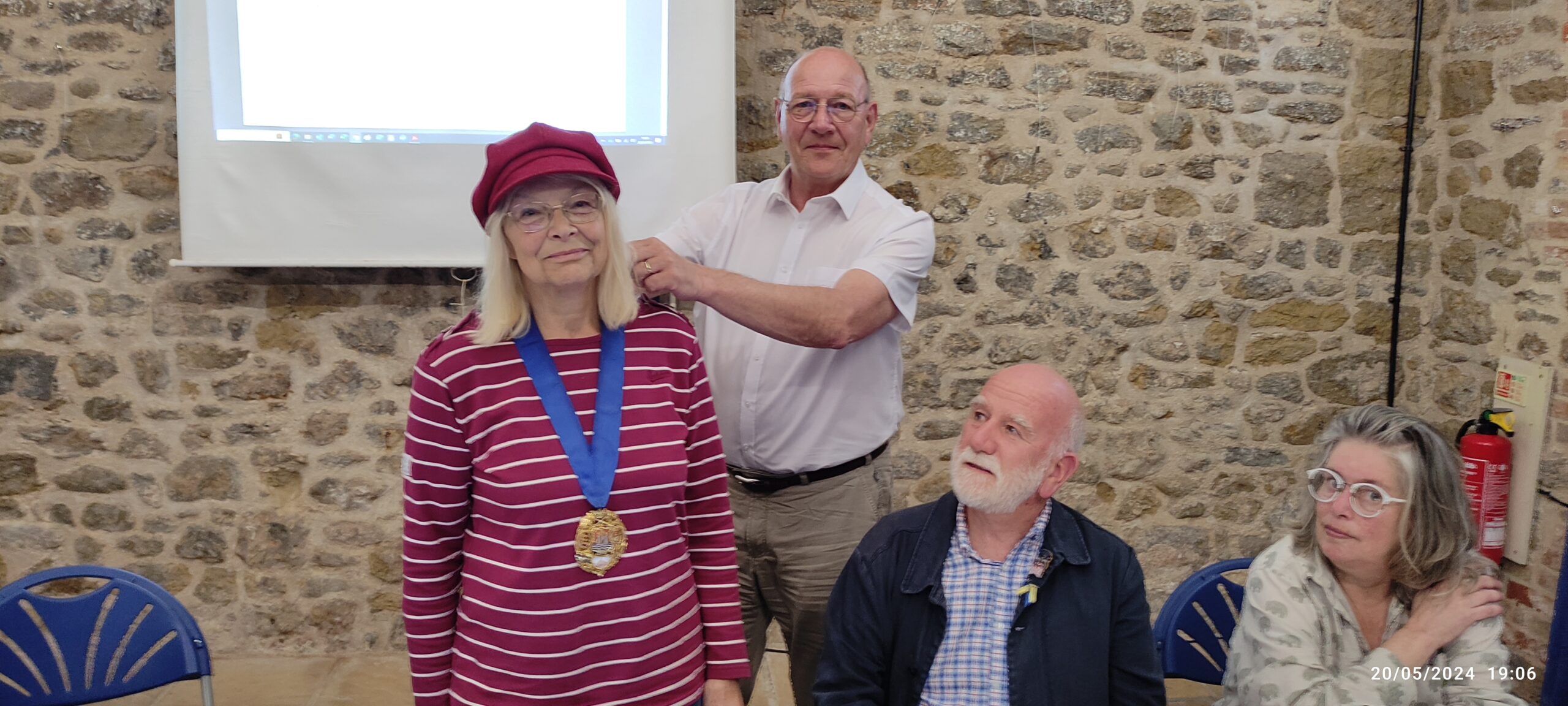
This Post Has 0 Comments